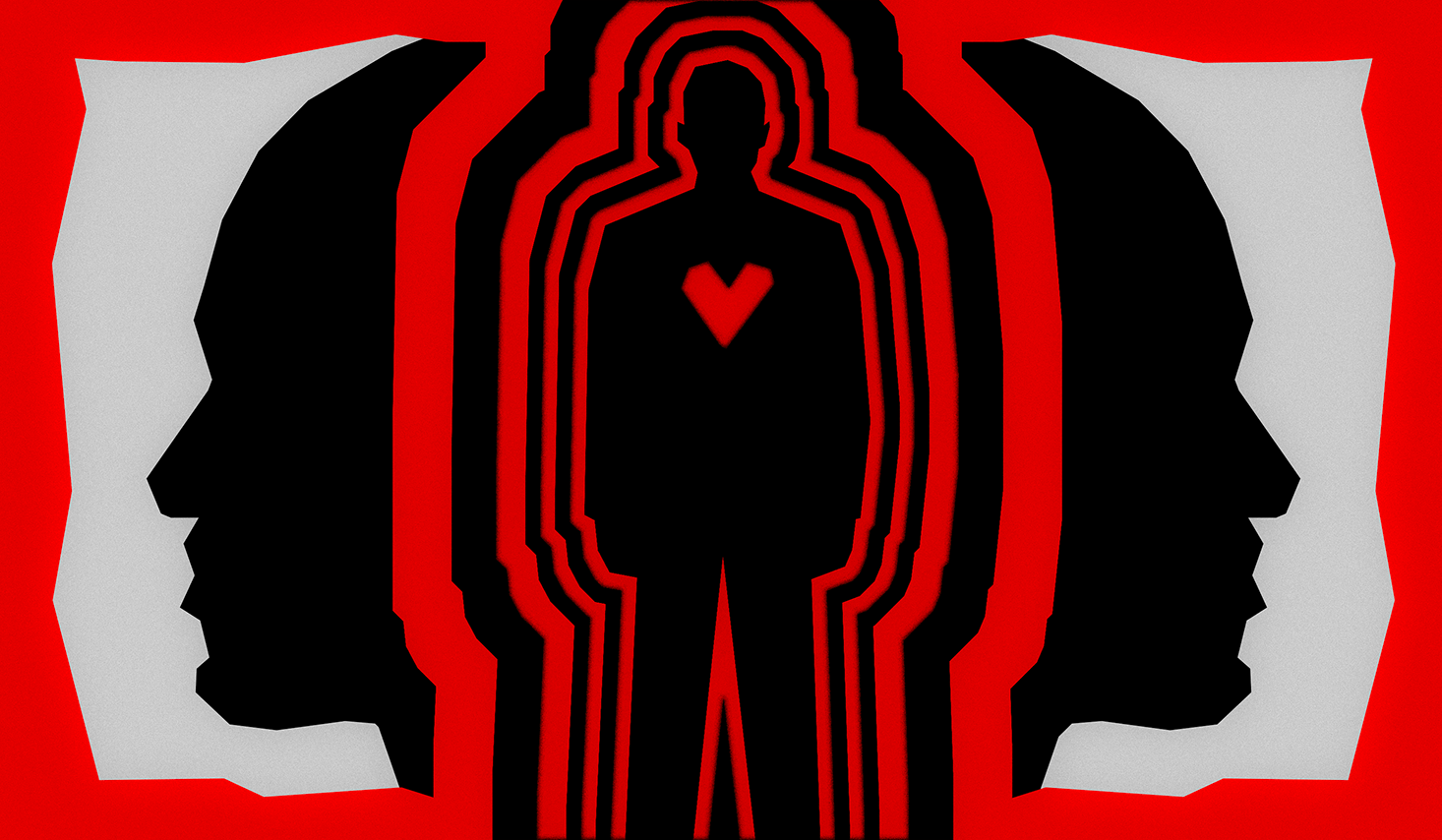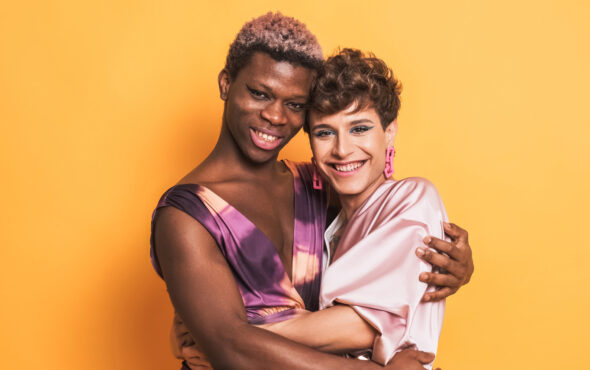
After lobbying from the US evangelical Christian movement, the Anti-Homosexuality Act (AHA) was enacted in Uganda in May 2023. Although same-sex activity was already illegal, from then on LGBTQIA+ life in Uganda has been subject to even harsher restrictions. These include punitive prison sentences – twenty years for the ‘promotion’ of homosexuality and life imprisonment for homosexual acts – as well as the death penalty for instances of so-called ‘aggravated homosexuality’.
The new law has led to several arrests, with some individuals facing capital charges. Additionally, the committee of the Convening for Equality (CFE) released a report in September arguing that the bill, and the political rhetoric surrounding it, has radicalised the public against LGBTQIA+ individuals. In early January, the prominent activist Steven Kabuye was stabbed after receiving death threats. Despite these troubling developments, in April Uganda’s Constitutional Court rejected a petition by activists to overturn the law.
From its inception, the bill has proved controversial with the international community and was denounced by the UN and European parliament. The response from President Yoweri Museveni has, however, been defiant – suggesting that calls to repeal the law as a western imposition. “Western countries should stop wasting the time of humanity by trying to impose their practices on other people,” he said in parliament. But is it really true to say that queer tolerance is a western practice, while homophobia is a Ugandan one?
Where does queerphobia in Uganda come from?
Over the past year, communities in Uganda have discussed the concept of sex between people of the same gender far more than they have even questioned why it matters to them what two or more consenting adults get up to in private.
If we took some time to interrogate the roots of these prejudices, we would come to understand how what many now defend as our Ugandan culture – punishing and criminalising same-sex love and diverse gender expression – is actually a remnant of the British culture of oppression and the legacy of colonialism.
See, same-sex love wasn’t invented in the west. In pre-colonial Uganda, our culture as a people was one of acceptance and tolerance. In Buganda, same-sex relations were treated with indifference while the Lango people had a third gender, mudoko dako individuals, who were free to marry men. Teso, Bahima, Banyoro, and Karamojong peoples are also said to have tolerated homosexuality in their societies.
History of homosexuality in Uganda
Like everywhere else, African people have historically expressed a diversity of sexualities. In the 16th Century, homosexuality in Africa was witnessed by European missionaries and colonial agents whose reports were used to reinforce the notion of so-called ‘primitive’ African societies in need of Christian ‘cleansing’.
Rather than importing homosexuality to their colonial conquests, Christian and Islamic forces fought to eradicate it. By challenging our indigenous social and spiritual systems, they demonised homosexuality in Africa, paving the way for the criminalisation that prevails today.
One of the best-known examples of this in pre-colonial Uganda occurred in the kingdom of Buganda. In the late 19th century, the area was ruled by Kabaka Mwanga II, who was considered to be a bisexual or gay man. Viewing Christianity as a potential threat to his rule, and disgruntled by the religion’s anti-homosexual stance, he ordered the deaths of 45 of his male pages.
However, by 1897, he had been forced to accept Buganda becoming a Protectorate of the British and was exiled to the Seychelles. While in exile, he was coerced into the Anglican Church by way of a forced baptism and given the name Daniel. He is noted to have died in the Seychelles on 8 May 1903 at 35 years of age as a result of torture by British soldiers.
While people in pre-colonial Uganda had varied attitudes towards gender and sexual diversity, Britain traditionally had a more negative stance. In England, laws criminalising homosexuality dated back to 1533 – when King Henry VIII passed the Buggery Act 1533 making all male homosexual activity punishable by death.
There were other, earlier, cases of queerness being harshly chastised in the UK, such as the 1337 torture of Hugh Despenser the Younger. Despite being executed for the crimes of high treason, an account of his execution by 14th Century historian Froissart states that his penis was severed and burned as an additional punishment for sodomy and heresy.
Christianity as cultural imperialism
Christianity acts as a neo-imperial force in different African countries as, structurally, the religion is woven into the fabric of many social amenities.
When missionaries establish a church, they establish a school and a hospital – all of which receive taxpayer support but are run on the values of the church. Over time, these values have been weaponised to replace African values and culture, as sought by the architects of colonisation.
Church or faith foundations own a large portion of public schools, hospitals and, now, media organisations such as television and radio stations. Over the last twenty years, these institutions have provided avenues to spread homophobia, influence policymakers and deny LGBTQIA+ individuals access to education and lifesaving healthcare services.
Religion is a gift from the colonial era that keeps giving. In 2024, it remains the foundational pillar of homophobia upon which anti-gay legislations like the AHA are built.
The Ugandan LGBTQIA+ Movement
It is a closely held belief of mine that LGBTQIA+ individuals and the corresponding social movement will change the landscape of human rights in Uganda and the African content.
In the last 21 years, within the Ugandan movement, activists have pushed back against growing political and religious-backed homophobia. This has ensured that LGBTQIA+ people have safe access to treatment and care services and that legislation like the AHA does not go unchallenged in the courts of law.
Our persistent spirit is summarised well by the words of Frank Mugisha, the Ugandan LGBTQIA+ advocate and Executive Director of Sexual Minorities Uganda: “We are driven by a strong conviction [that] we are part of a larger story of global human rights and we will not give up until we have built a future we deserve.”



